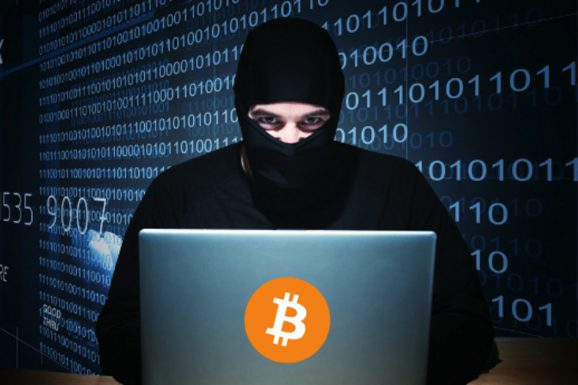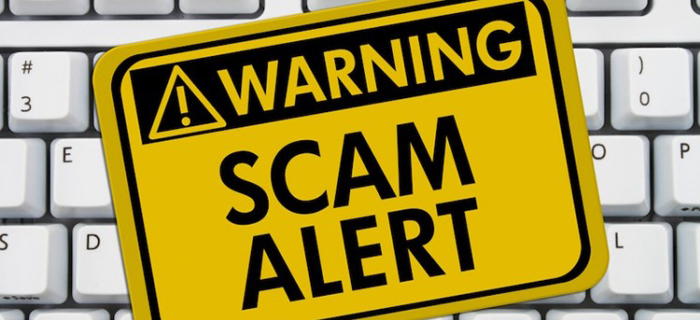First there was online banking. Then PayPal. Now, there’s Bitcoin. It’s a brave new world, but with Bitcoin exchange rates, they are so high that those coins are too precious to lose.
That’s where a Bitcoin wallet comes in. A wallet is a program, app or service that holds coins, keeps them safe and makes it simple to backup, spend or accept.
With Bitcoin, a wallet doesn’t just offer security. It offers bookkeeping, portability and simple ways to give and receive cash.
A Bitcoin Wallet it’s rather like an online bank account, but even simpler to use.
Lets Understand Bitcoin deeper.
Each Bitcoin is a unique solution to a mathematical problem, consisting of a short string of text which represents a figure. Let’s say you give someone a coin or fractional coin – the text string changes as it enters their wallet, and once a global network validates the transaction, your original coin is invalidated and the new coin becomes theirs.
 To someone who is sending money, your wallet is just an address. All they need to know is where to send their coins. The QR code on the right of this image is another way to represent the address on the left. When you make a face-to-face transaction, the sender simply snaps the QR code rather than exchanging emails.
To someone who is sending money, your wallet is just an address. All they need to know is where to send their coins. The QR code on the right of this image is another way to represent the address on the left. When you make a face-to-face transaction, the sender simply snaps the QR code rather than exchanging emails.
Since coins are just characters, you could store them in a text file. But that wouldn’t be smart.
They could be viewed by anyone with access to your device and without the benefits of a wallet, they would be hard to spend.
NB. It’s a good idea to make sure you are really clued up on the world of Bitcoins if you are holding significant sums. The reason the real world has banks is that we recognize it’s quite risky, as an amateur, to try to secure your house enough to hold your life savings. Securing your own computer is hard but in the Bitcoin world you don’t have a bank as a buffer to rely on.
Types of wallets
- Local – Installed on your own device
- Online – Provided with your account at a store or Bitcoin exchange
Installing your wallet on a smartphone or PC allows you to send and receive Bitcoins as easily as exchanging emails – you only need the address of another wallet. But if you want to buy Bitcoins with local currency, or ‘cash out’, you need to do that via an online currency exchange, which will include an online wallet with the subscription.
Either way, security is enhanced by having both local and online wallets and learning to move money between them.
Local wallet
A wallet installed on your portable device makes for quick transactions, but phones can get lost and laptops can be hacked.
It’s a good idea to transfer any incoming coins promptly to an offline device, an encrypted cloud service, or into cash.
There is a difference between transferring coins and backing up your wallet – always do both! With an app tied to your NAS (network-attached storage) or online service, backup is a no-brainer.
Online wallet
Online wallets hold subscribers’ money at their servers, and accounts are backed up and instantly available from anywhere in the world.
However, online Bitcoin exchanges are still immature and many have suffered outages or breaches. In a study of 40 exchanges, 18 of them had failed, leaving clients penniless!
Choosing a Bitcoin exchange
Bitcoin exchanges collect sensitive personal data, even demanding access to bank accounts and credit reports. Carefully scrutinize their reputation, focusing on these things:
- Highly regarded with few complaints
- Infrequent downtime or delayed transactions
- Do they (a) offer a private key under subscriber control OR (b) are funds exposed to the internet small compared to offline reserves
Note that (a) and (b) are mutually exclusive. That is, if you control the keys, the contents of an online wallet will be exposed to the internet. Neither method presents a big risk if you sweep assets into your offline wallet or encrypted cloud storage after each transaction.
7 Bitcoin wallet security tips
- Never store your wallet identifier with your password.
- Initiate major transactions (including cash exchange) from your own PC – not one that is shared – or one that boots as a dedicated virtual machine
- Use your phone wallet for small transactions when traveling. Just as with a real wallet, carry only the cash required for anticipated transactions. By their very nature mobile devices are continuously exposed to outside threats.
- If you must engage in a large transaction away from home, use your phone to access an online wallet. It can be unsafe to access an online wallet from a PC that you do not own.
- Limit internet-connected wallets to the minimum reserve that you absolutely must leave online for ready access.
- Backup your wallet after every transaction to encrypted storage or an offline device, and then sweep to another wallet. (Do this even for transactions with your primary wallet – it adds a layer of protection by recreating the coin and shifting it to a wallet that is not shared with the buyer or seller.)
- There is a difference between user authentication and encryption. It is not sufficient that your backup device or service requires a login – it must be encrypted too. If you use a cloud backup service, find out whether they encrypt from end-to-end. In this way, your data cannot be viewed by the backup service itself, by anyone in between, or by others sharing your WiFi or mobile data service, so your cash is sealed from the moment it leaves your device until you restore the data at some point in the future.
ATEL- your trusted partner to bring knowledge to you on digital currency, trading currency and money market.



